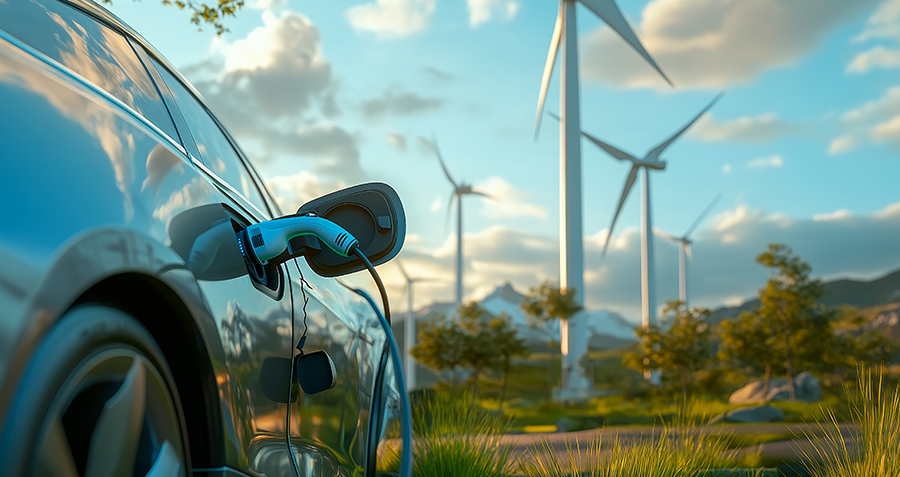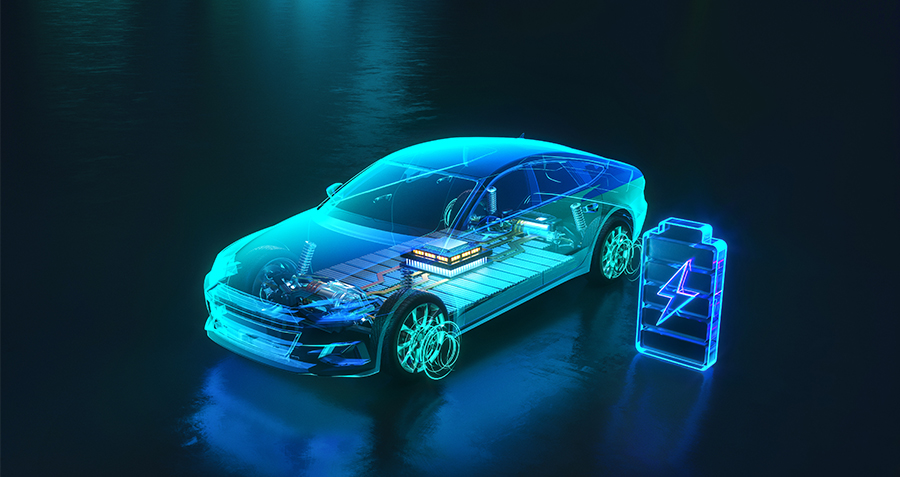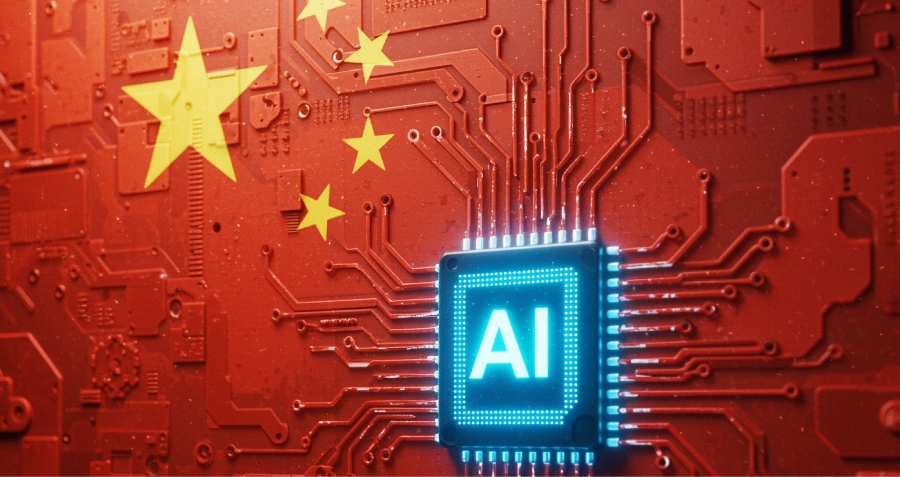New energy vehicles took up close to 40% of the automobile market share in China in 2023. By the first half of April 2024, its penetration rate had rose to more than 50%, a historic high that signalled the popularization of new energy vehicles in the market. BYD, one of the major EV players in China, recognised it could sell its EVs at a higher premium than fuel cars and it has been selling EVs at a much faster rate than traditional vehicles.
Riding the EV wave, BYD saw its revenue from cars rise from 22.2 billion in 2010 to 84 billion in 2020, despite its total unit sales dipping in 2020 from a steady 500,000 vehicles a year since 2010 to 430,000 that year.
From 2021, BYD introduced new key technologies and continued to launch new models faster than its competitors. While the driving experience has improved with each product launched, BYD has made price cuts a key strategy, to the point of being accused of starting a price war. Consumers have naturally welcomed the move, and this has kicked off a period of explosive growth. In 2022, BYD had to up its prices to account for a rise in battery raw materials. Since 2023, as the price of raw materials for batteries fell, the total cost of EV manufacturing dropped too.
Why did the champion take the lead in price cuts?
In early 2024, BYD launched multiple cheaper versions of its popular series, with a price cut between 10% and 20%.
According to Wang Chuanfu, BYD did so in light of a business philosophy that technology is used to reduce costs and improve quality. With this strategy, BYD has seized more market share in automobile manufacturing, a sector with relatively high gross profit margins.
In response to criticism from peers, Wang Chuanfu said: “The core of the market economy is competition, and only through competition can there be prosperity.” He pointed out that only a few among the hundreds of manufacturers survived after more than ten years of competition, upon reviewing the home appliance industry and mobile phone industry in China. But those manufacturers’ competitiveness was world-class, he noted.
Global expansion and operation disrupted
In 2022, BYD exported 56,000 new energy vehicles, a year-on-year increase of 307.2%; in 2023, the number rose to 242,700 with a year-on-year growth of 337%; in 2024, BYD sold 417,200 new energy vehicles overseas, accounting for 9.77% of the company’s annual sales, nearly one-tenth, with an increase of 71.86% from its overseas sales in 2023.
In terms of market distribution, BYD performed well in markets like Thailand, Brazil, Israel, and Australia, especially in Thailand where BYD has obtained a 40% share of the new energy vehicle market.
Entering the global market doesn’t just mean more sales volume for car companies, but also global brand impact and competitiveness. With the core technology of new energy vehicles, BYD is very competitive in the international market. For example, in Thailand, BYD competes head on with Toyota; in Brazil, BYD’s Seal is more expensive than the Tesla Model 3.
However, facing the surge of EV exports from China, many countries have raised tariffs. If Chinese new energy vehicle companies like BYD want to maintain their expansionary pace, coping with geopolitical risks and maintaining competitiveness in overseas markets will be a tricky balancing act.
Challenges for a brand elevation
Back in 2003, the Chinese auto market was still dominated by international brands and joint venture brands, where private enterprises such as BYD and Geely were considered as disruptive innovators. Since 2020, the market for new energy vehicles in China has been booming enough for Tesla to thrive and BYD to emerge. BYD sees its competitors not as other new energy car companies, but as giant car companies such as Toyota and Volkswagen.
BYD has already achieved initial brand elevation with product upgrades from producing fuel cars to making new energy vehicles. The industry generally believes that now that new energy vehicle brands achieved electrification one after the other, intelligence is going to be their next challenge. BYD is now busy making its products more appealing to consumers through R&D on smart technologies which will lead to breakthroughs of tech-powered new energy automobiles. Only through its technological advancements will BYD further elevate its brand.
The article was published in Chinese on Zhenghedao.
Li Wei, Professor of Economics, CKGSB; Yan Min, Researcher, CKGSB























